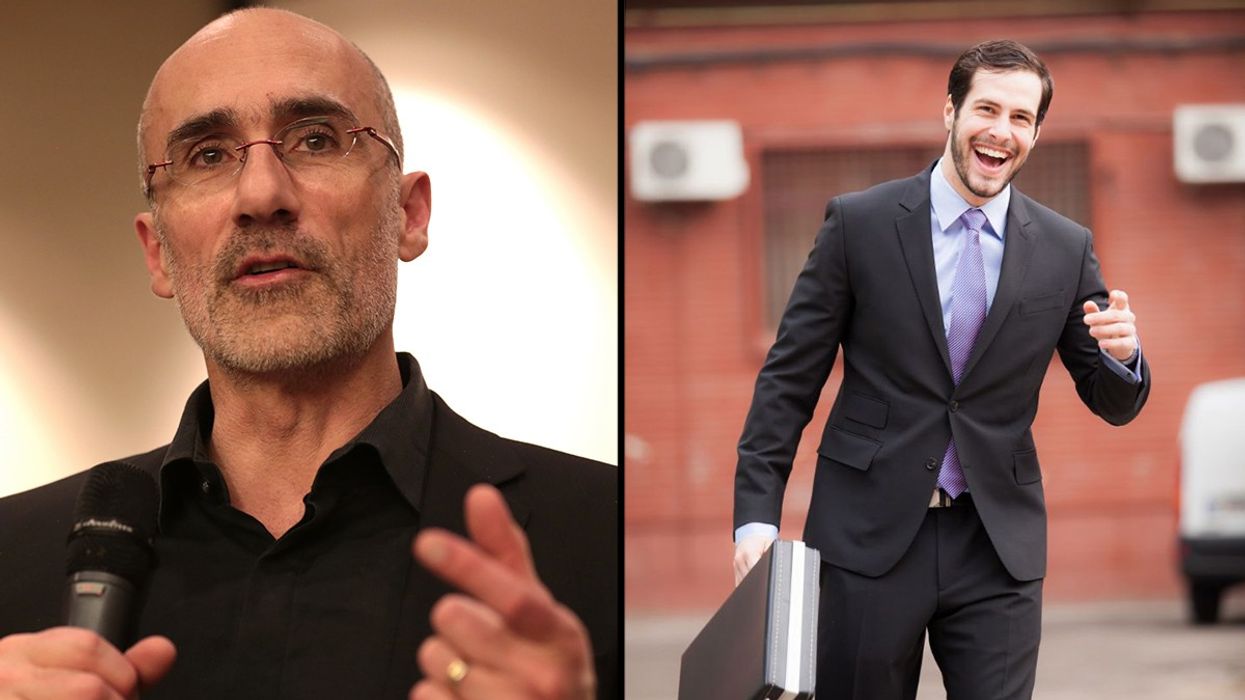A comprehensive new study from MIT concludes that cap-and-trade legislation would not hit poor Americans the hardest, as claimed by some jerks.
The MIT study assumed that a cap-and-trade measure would take effect in 2012, and it estimated the legislation’s financial effects on U.S. households beginning in 2015 and continuing every five years through 2050. It found that incomes of the poorest Americans — households that earn less than $10,000 a year — would show a net increase of up to 1.5 percent in 2015, depending on the particular bill. Households earning less than $50,000 a year — about 45 percent of all households — would see some gains, or at worst no change. Those in the very highest income bracket would pay more, with total additional costs in 2015 amounting to less than 0.5 percent of their incomes. According to the study, these effects would become more pronounced over time.
Part of the reason cap and trade actually improves the financial situation of lower-income segments is because it would increase the cost of living index, and that would raise Social Security and welfare payments, which lower-income folks rely on more.
Opponents of cap and trade get people worried about the costs by calling it an "energy tax" or "cap and tax." That's a calculated move to scare people who look at their own paychecks and figure they can't afford to have the government taking a bigger bite, and it seems to work. A slightly more sophisticated kind of anti-cap-and-trade rhetoric is the argument that "costs get passed down to the consumer" such that the net effect is simply that everything gets more expensive for the little guy.
But this study makes it pretty clear that neither claim is true. This doesn't end the debate. People in West Virginia, for example, may still be worried about the effect of cap and trade on jobs in the coal industry. But in terms of its effects on people's income and expenses, cap and trade is a progressive policy that carries benefits for poor people and imposes most of the costs on people making a lot of money.















 Otis knew before they did.
Otis knew before they did.